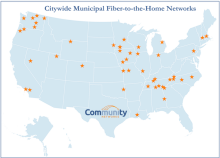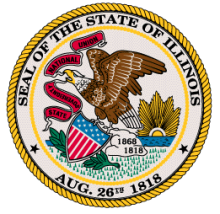A New Municipal Broadband Advocacy Organization is Born
With an unprecedented opportunity for local communities to build their own ubiquitous high-speed Internet infrastructure, a new national organization has been formed to advocate on behalf of municipal broadband initiatives and to give local governments a seat at the table as federal and state officials craft legislation and grant programs to close the digital divide.
Today, at the Broadband Communities Summit 2022 in Houston, the group’s founding members held a press conference to announce the birth of the American Association of Public Broadband (AAPB).
“We were formed by a group of municipal officials in order to advance advocacy efforts for public broadband and to make sure they have a voice in Washington and in all 50 states,” said AAPB board member Bob Knight.

Knight went on to explain that while AAPB will be advocating for municipal solutions to local connectivity challenges, “we are model agnostic, whether you want to partner with a large ISP (Internet Service Provider), build your own network, or form a public-private partnership.”
A ‘Voice in the Conversation’
Noting that AAPB will work closely with ally organizations and industry groups, AAPB was founded primarily “because municipal networks didn’t have much of a voice in the conversation around broadband funding in the American Rescue Plan Act or the Infrastructure Investment and Jobs Act,” even as there was significant lobbying efforts on behalf of the big telecom companies.
AAPB Secretary Kimberly McKinley added that lawmakers are often assailed with stories about municipal broadband failures but that it was important for lawmakers to hear the whole story.






